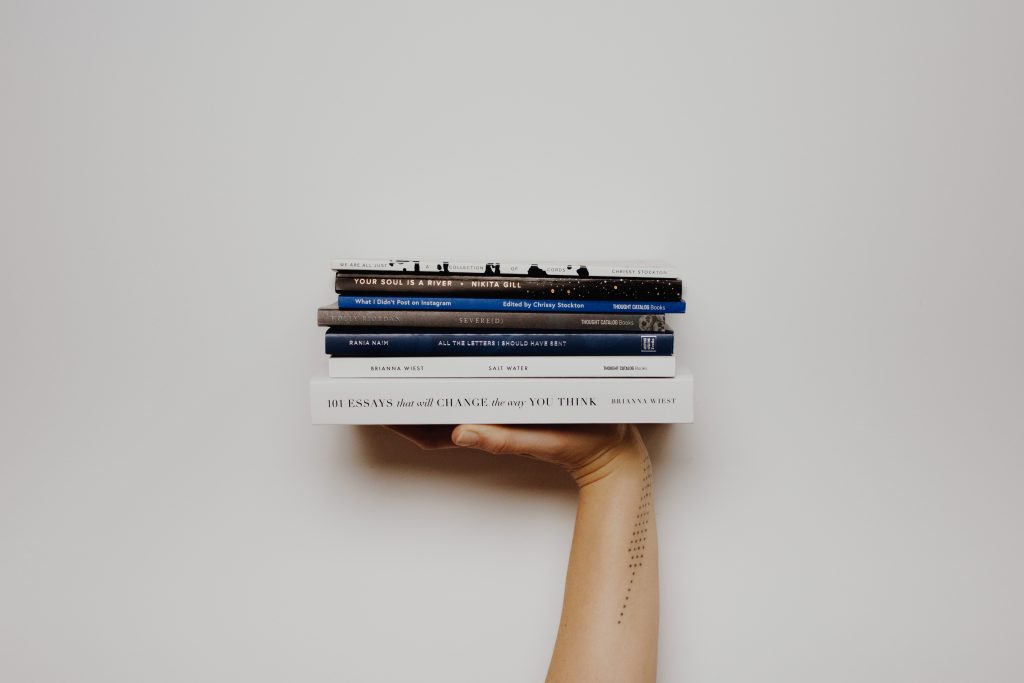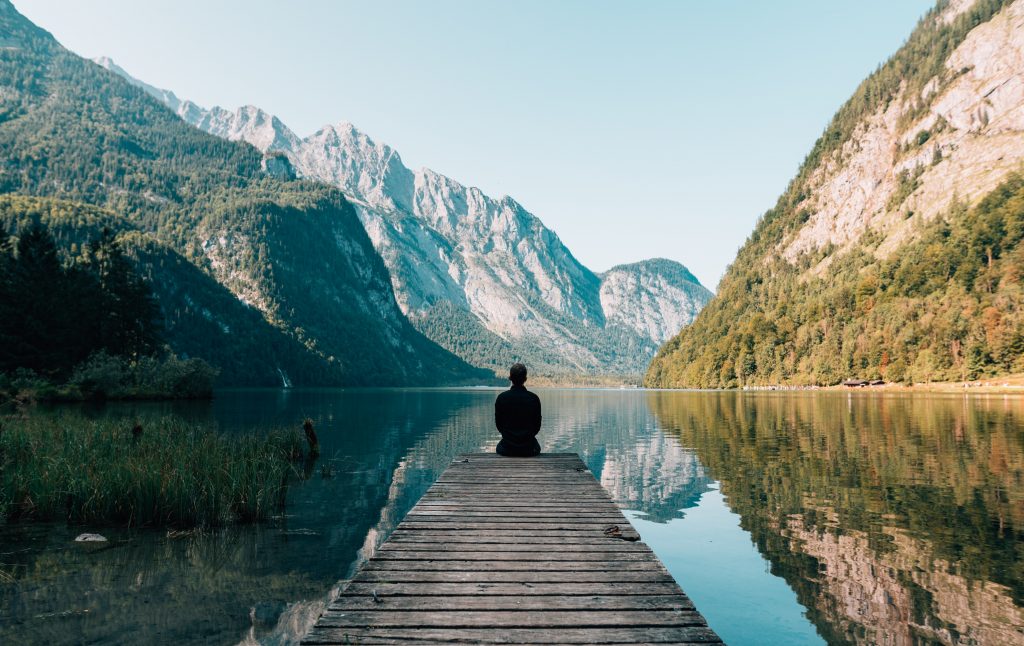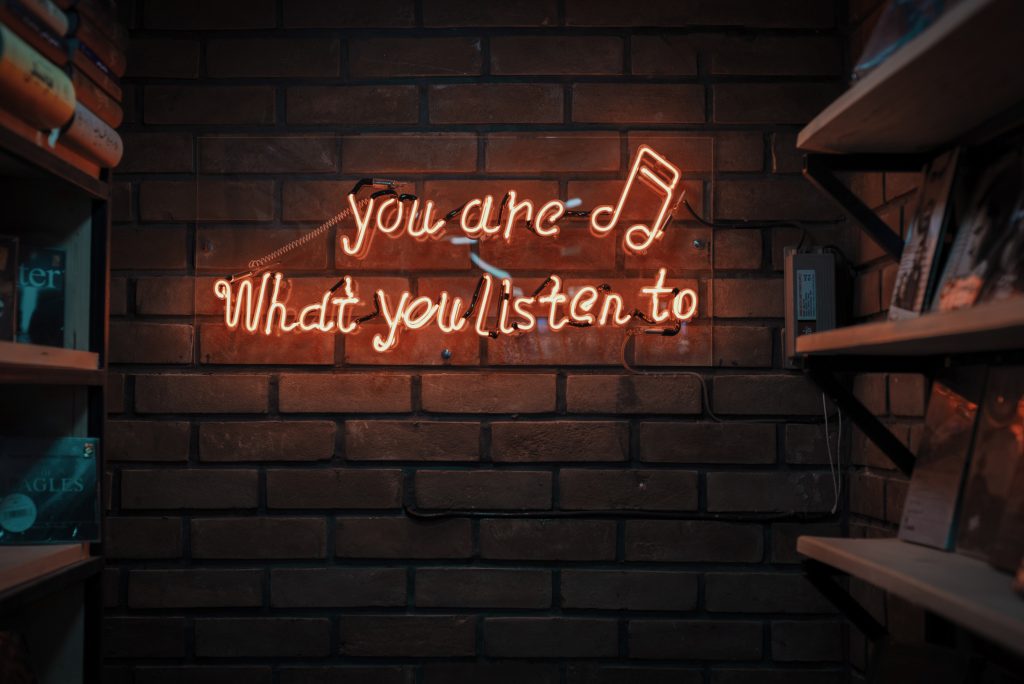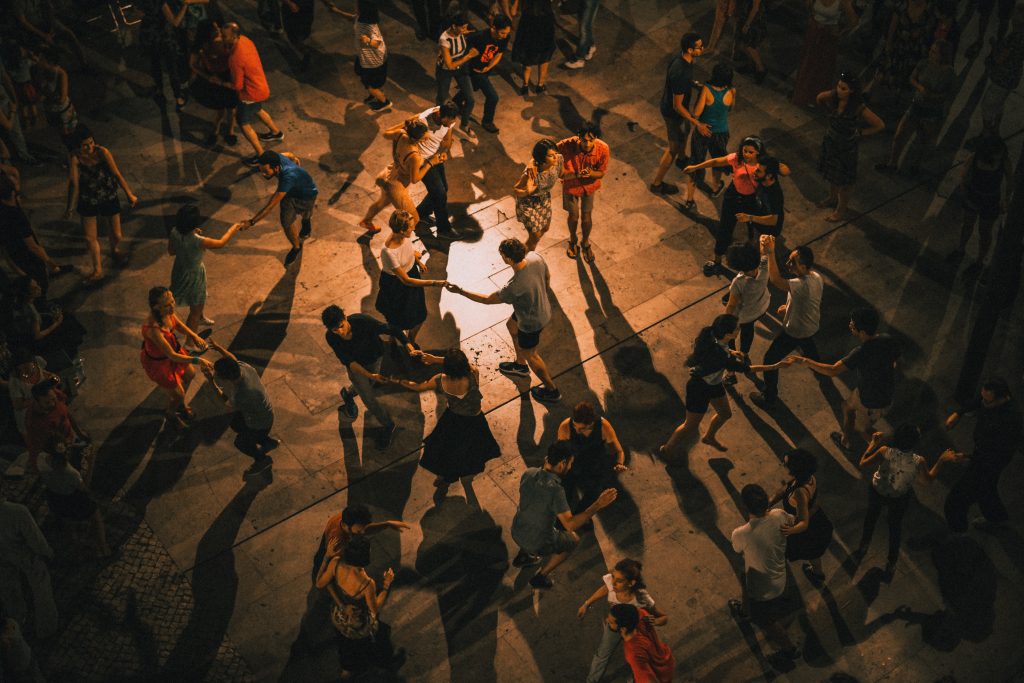
-
The 4-Hour Work Week by Tim Ferriss
Reading this book, for the first time in my life I started to consider a life where you don’t have to put up with being chained to a desk doing work you don’t want to do.
I was going through a particularly bad patch in my previous job, in around 2007. At this time, my favourite running joke with a friend on my team was that I was digging an escape tunnel under my desk, à la The Shawshank Redemption.
Just about every lunch break I’d go for a walk, feeling desperate, head to the nearby Waterstone’s bookshop on Oxford Street, and scan through the books to somehow try to find answers to the questions I had whirling around in my head. What am I doing with my life? Why do I feel miserable? What can I do to make it better? The title jumped off the shelf at me.
I’d pop in again and again to read a bit more each day. One day I finally made the purchase – one of the best decisions I’ve made. I still refer to this book, a decade later.
Tim was one of the first to write about ‘lifestyle design’, shunning the typical idea of working 9-5 in an office doing a job you don’t like and waiting until you retire to do all the fun stuff you dream of – and instead finding ways to incorporate these things (learning, travel, adventure, entrepreneurship) into your present day.
How did it help me?
It inspired me to dream of a life where I’m not wishing my time away until my next holiday, where I decide what I want to do, how I want to live my life, and then find a way to make that a reality. To not put off dreams until later in life, dreams such as living abroad and learning a new language. I’d previously lived in France, and promised myself that I’d live abroad again, one day. See what happened here.
Tim has written several other books, all great, but this is definitely my favourite. He also has an amazing podcast, the Tim Ferriss Show, where he interviews seriously impressive guests (Tony Robbins, Richard Branson, Seth Godin) about their ‘tactics, tools and routines’ for being mega successful – I’m obsessed.
-
How To Stop Worrying And Start Living by Dale Carnegie
King of self-help, Dale Carnegie, wrote back in the 40s and 50s about implementing small habits and behaviours that improve your life. As someone who had always considered myself ‘a worrier’, this is a book I looked to for reassurance. (I found it on my parent’s bookshelf one day.) Perfect title! It was exactly what I needed at the time, constantly worrying about what I was doing with my life and not knowing what to do about it.
In this book Dale teaches us how to face worry head on, providing different techniques for handling it. For example focussing on today’s actions rather than worrying about tomorrow’s; analysing your worry by getting all your facts together about a situation, writing them down, then analysing them impartially, coming up with several solutions, and then making a clear decision and taking action.
How did it help me?
Amongst many other tips he gave me the realisation that your optimum state should be to be as relaxed and calm as a sleeping kitten. Feeling tired, tense, and anxious, is a habit. Relaxing is a habit.
Imagine picking up a sleeping kitten, they’re all soft and floppy. Like a crumpled sock. That’s how your body should feel. Soft, relaxed, calm. First reading this at a time when my back and neck were constantly tense and uncomfortable due to feeling stressed and sitting at a computer screen all day, this was a revelation. And something I try to remember.
-
Be Your Own Life Coach by Fiona Harrold
I also found this book on a bookshelf at my Mum and Dad’s, I still have no idea how it got there. The cover is kind of cheesy. But I love it. It’s full of little pink post-it notes highlighting the pages I like to refer to.
Fiona starts off talking about not going through your life with regrets, about doing the things you dream of. She talks about how your beliefs and outlook effect the rest of your life, and you need to make subtle shifts in your thinking if you want to make changes. It’s all about creating your ideal life, and building your confidence to make it happen.
Fiona encourages you to take control of your life, don’t put up with a so-so life, strive for more. It’s as though you have this person to hold your hand saying, “You can do this. You are absolutely equipped to deal with anything that comes your way.”
How did it help me?
It’s a really reassuring read, with case studies showing how people have transformed their lives by learning to follow their intuition, believe in themselves, and give something new a try. It encouraged me to stop making excuses and aim to live the life I want. The focus on building self-reliance and self-worth is inspiring, especially as someone who had lost confidence in my abilities.
-
Feel the Fear and Do It Anyway by Susan Jeffers
This is one of those books I’d pick up in the library when I was feeling totally lost and needed all the help and reassurance I could get.
It’s all about taking action to get rid of the feeling of fear, rather than letting it fester and grow. Everyone’s scared of different things, all the time, and that’s not going to change. But you can practise facing the fear, doing whatever it is you are scared of that is stopping you from living your life as you want to.
It’s like building a muscle, the more often you face your fears, the easier it gets. You get used to getting out of your comfort zone, and dealing with whatever comes your way.
How did it help me?
The stand-out point for me is on tackling indecision and paralysis. When making a decision, you can take path A or path B – both are the best path to take. You’ll never be able to 100% predict the outcome. Deliberating, hesitating, over-analysing and not making a decision, all comes down to fear, and stopping yourself from taking action.
Take path A and great things can happen. Take B and great things can happen. There is no wrong decision. Even if the path you take doesn’t pan out as you had hoped, you can correct your path as you go.
-
Working Identity by Herminia Ibarra
I read this book around the time I left my previous job. The book focuses on the commonalities will all have in career change.
You will go through a potentially tricky transition period. Read more about it here.
You don’t have to immediately move on to the job you’ll have for the rest of your life. Take the pressure off.
Test the next thing out, staying open-minded. It’s all part of the process.
You’re shedding the skin of your previous work identity, maybe you’ll have to shed another one before you find something that fits.
How did it help me?
It was comforting reading about high achieving MBA types and rather than feeling inferior, taking comfort that we’re all the same, we all go through the same issues.
Herminia’s words are encouraging; if you change career there will be a transitional period, it won’t always be smooth, but if you can accept that and just keep moving forwards, you’ll do ok.
-
This Year Will Be Different by Monika Kanokova
I read this book a few months after I had left my job of 10 years and was figuring out what I wanted to do next. One thing I knew was that I wanted to work differently. I didn’t want to work in a corporate environment or in a big office anymore. And I wanted to do work I was actually interested in.
I love this book as it’s basically a series of case studies where the author interviews interesting women who are doing interesting work, mainly freelance or have started their own businesses.
The ones that really caught my eye were location independent. As someone who loves languages and has lived abroad before, I found this book so inspiring, reading about women from around the world, living where they want, finding a way in which to work to support this.
To read the details of how someone makes this kind of lifestyle work for them was truly inspiring. And surprise surprise, my work is now location independent, working either from home, a co-work space, cafes or at my parent’s when I’m back to the UK visiting.
How did it help me?
Reading about people who are living their lives in a way that interested me was an eye-opener. Having spent my whole working life up until then working in offices, this opened up a world of different possibilities.
I started to imagine myself doing something similar. From there, I started to figure out how I could do the same, and look out for opportunities which would allow me to live in this way. Seeing what is possible is the first step.
Share this post
I hope you’ve enjoyed reading this post. Please share with someone you think could do with some book recommendations!
If you’d like my help, book in a coaching session with me here: Contact Me
Photo by Thought Catalog on Unsplash




